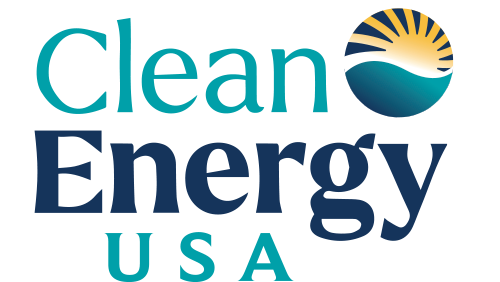Commercial Solar FAQs
Clear Answers About Solar Benefits
Why choose Clean Energy USA for commercial solar in Delaware?
Clean Energy USA is the most experienced commercial solar installer in Delaware, with hundreds of successful projects across the state. We have been installing solar power systems since 2007, making us one of the most experienced solar installers in the state. We handle everything in-house — from design and permitting to installation and ongoing support — ensuring top-tier workmanship and long-term performance. Plus, we can help you navigate Delaware's incentives and energy landscape better than anyone.
What kind of businesses benefit most from solar?
Any business with a high utility bill, ample roof or ground space, and a desire to lower operating costs can benefit from solar. We've helped car dealerships, business owners, schools, nonprofits, and office complexes slash their electricity expenses — often with no upfront cost. All businesses can benefit from solar. However, businesses that own their own building or have a long-term lease (30 years+) are ideal candidates for solar. Businesses with monthly electric consumption regularly exceeding 3,500 kilowatt hours, can gain the most value from solar.
Are there financial incentives for going solar in Delaware?
Yes. Delaware offers excellent solar incentives, including the Delaware Green Energy Program, federal tax credits (ITC), accelerated depreciation (MACRS), and Solar Renewable Energy Credits (SRECs). We maximize every available incentive for your project and handle all paperwork. Yes. Delaware is both a business friendly and renewable energy friendly environment. It offers grants, state underwritten financing and other credits and incentives to make solar easy to obtain.
Do I need to pay anything upfront?
Not necessarily. There are flexible financing options through Energize Delaware and can even defer some of the incentives until you receive them. Many of our clients go solar without any upfront capital and start saving from day one. The state provides many incentives which can pay directly to the installer, reducing or in some cases eliminating initial out-of-pocket costs.
How long does the commercial solar installation process take?
Typical commercial projects take between 8-12 months from contract to completion. This includes design, permitting, utility approvals, and installation. Our project managers ensure a smooth and timely process every step of the way.
How much can my business save with solar?
It depends on factors such as how much power is needed and what size system can be installed. Many businesses will save several thousand dollars each year.
Will solar work for my property?
Most commercial structures can accommodate solar, but we don't leave it to chance. One of the first steps in the process is an inspection to determine how well suited your building is for solar.
What warranties do you provide?
Our systems are backed by 25-year panel warranties, 10–25-year inverter warranties, and our own 10-year workmanship warranty. We only use proven, Tier-1 equipment and are committed to long-term system performance and support.
What makes Clean Energy USA different from national solar companies?
We're local, accountable, and invested in Delaware. Our in-house team knows local codes, utilities, and incentive programs better than anyone. We're not outsourcing to the lowest bidder — we're building lasting energy solutions for our own community.
What happens after installation? Do you provide support?
Absolutely. We monitor system performance, provide maintenance as needed, and are always available if you have questions. Our commitment doesn't end at installation, we're your long-term energy partner.
